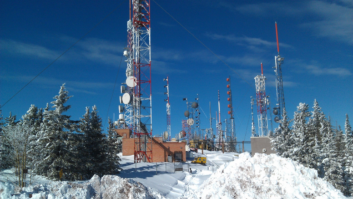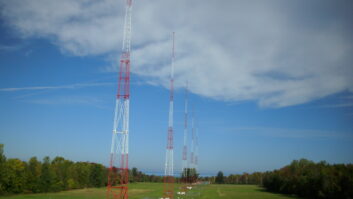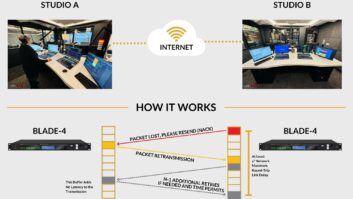The bandwidth reduction proposal for AM is controversial. Clear Channel Radio’s Senior VP of Engineering Jeff Littlejohn intends to recommend to the National Radio Systems Committee meeting at the NAB Radio Show next week that all AMs reduce their bandwidth. Littlejohn is also co-chairman of the NRSC Subcommittee on AM. He and other NRSC participants believe the body will likely want to conduct its own studies before making a final decision on the change.
Several readers told us confidentially they have problems with this concept, especially for AMs who don’t intend to go digital. In their view, the argument boils down to degrading the analog to make the digital audio sound better in comparison, to drive consumers to buy HD Radios. These same readers say reducing the AM bandwidth to reduce interference doesn’t negate the interference produced on the IBOC sidebands to first adjacent stations, especially at night.
Some of their statements to us include:
“This statement requires much more investigation by our engineering community. Why does this degradation appear to be a smokescreen for IBOC quality issues?”
“I think Clear Channel is cheapening AM analog for the benefit of digital.”
“As an industry, we’ve promoted building better quality AM radios. … We’re going to have another opportunity to miss improving our AM receivers. There is now no incentive for any AM radio receiver manufacturer to build anything except 6KHz or lower grade receivers for analog. So long broad bandwidth…What incentive is there for transmitter manufacturers to build quality analog audio sections to their units now?”
Not Everyone Wants to Reduce AM Bandwidth
Not Everyone Wants to Reduce AM Bandwidth












